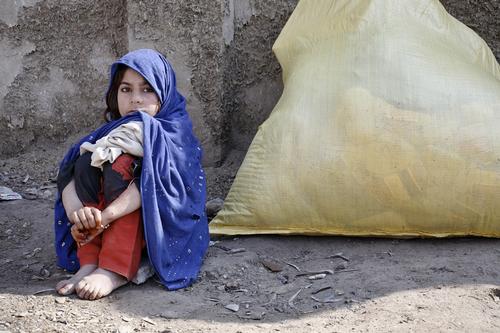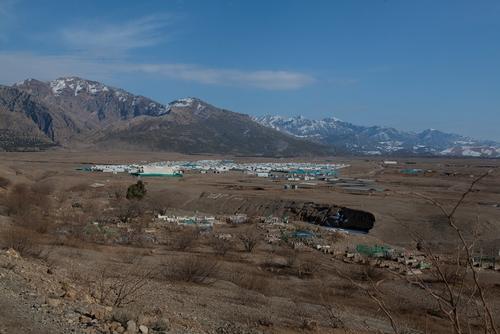It has been eleven days since the first of two severe earthquakes hit the Awaran area of Balochistan province, Pakistan. Despite daily discussions with the Government of Pakistan, Médecins Sans Frontières (MSF) has not yet been granted permission to work in the affected area.
“Since the first earthquake struck on 24 September, MSF has been in dialogue with different officials with a view to getting teams and supplies into the Awaran area. Yet the Government of Pakistan has still not granted us authorisation to enter,” says Chris Lockyear, MSF’s Operations Manager.
“Eleven days is too long for people to have to wait for humanitarian aid. It’s crucial that the authorities allow impartial humanitarian assistance into the Awaran area in order to respond to any unmet needs.”
For more than a week, MSF teams have been ready to deliver medical and humanitarian assistance in Awaran, including care for trauma victims, primary healthcare and water and sanitation support. Meanwhile, reports suggest that there are still unmet humanitarian needs in areas that government aid efforts have not been able to reach.
Balochistan province, where MSF is already working, is one of the most impoverished areas of Pakistan and has some of the worst health indicators in the country. Malnutrition rates are already high in a number of areas, making children especially vulnerable to illnesses like malaria and those brought on by poor hygienic conditions.
“The health indicators are already poor in Balochistan,” says Lockyear. “We’re concerned that for the people there, the impact of the earthquake will have made the situation worse.”
In other parts of Pakistan, MSF teams are providing basic and specialist healthcare to people affected by armed conflict and a lack of access to medical care. MSF teams are providing free emergency medical care in the Federally Administered Tribal Areas (FATA), Khyber Pakhtunkhwa, Balochistan, and Sindh provinces.




